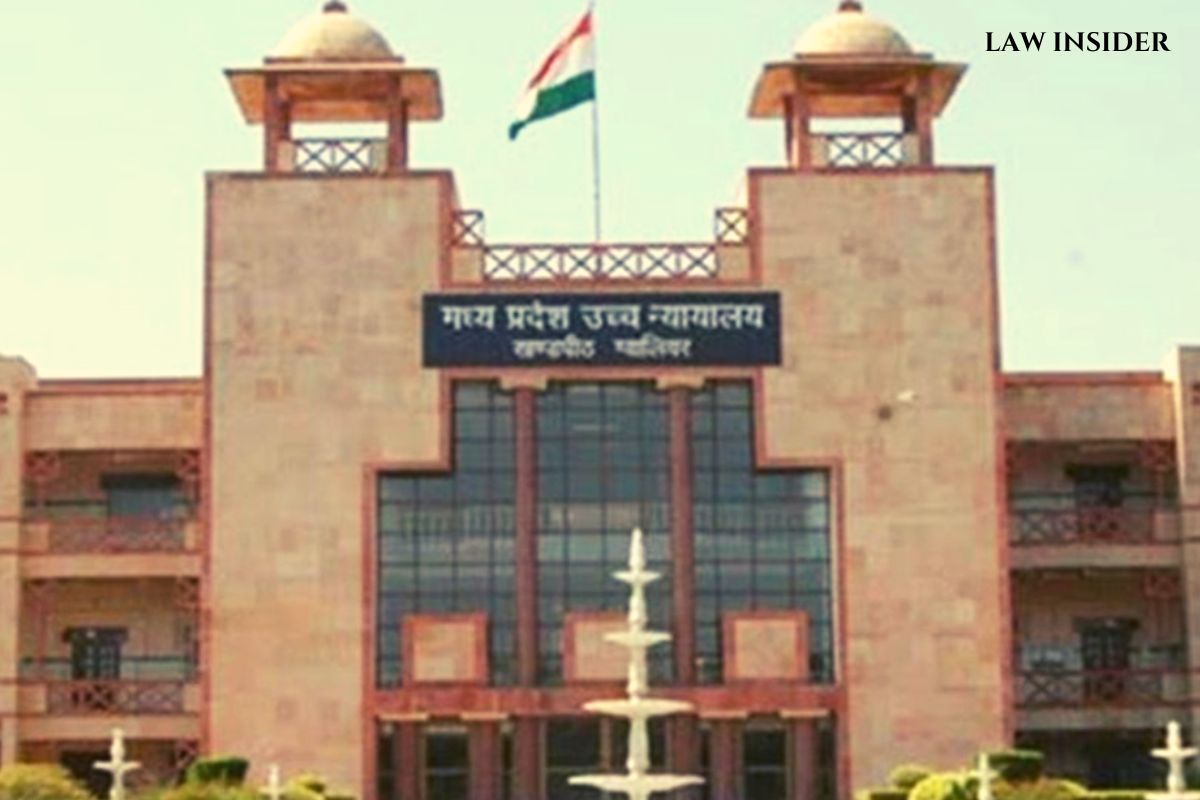LI Network
Published on: February 18, 2024 at 15:20 IST
The Madhya Pradesh High Court has asserted that permitting parties to revisit settled judgments through numerous interim applications amounts to an abuse of the legal system and poses a serious threat to the administration of justice.
The Court, headed by Chief Justice Ravi Malimath and Justice Vijay Kumar Shukla, rejected a petition seeking a review of previous orders, emphasizing the paramount importance of finality in legal judgments within the framework of the Rule of Law. It underscored that such finality holds great sanctity in the legal system.
The review petition challenged two prior orders in light of a special leave petition, with the respondent contending that a second review was impermissible, as the petitioner had exhausted all remedies without specific permission from the Apex Court.
The case centered around a town improvement scheme involving the petitioner’s land, subject to various legal challenges since 1987.
Despite multiple legal avenues pursued by the petitioner, including a writ petition and appeal, the finality of the matter had been established. A subsequent writ petition in 2001, without disclosing relinquishment of land rights made during the earlier petition, led to the present review.
The Court framed the key issue of whether a second review petition in proceedings under Article 226 of the Constitution of India is maintainable and, if so, the scope of interference under such proceedings.
In addressing this, the Court referred to established legal principles, stating that a review can only be entertained if there is an error apparent on the face of the record.
While acknowledging the High Court’s authority to review its orders under Article 226, the Court emphasized that the petitioner had already exhausted the remedy of review and sought a second review, which is not permissible.
The Court further highlighted the Chief Justice’s inherent power to assign judicial business and constitute benches, emphasizing that the Civil Procedure Code’s provisions do not apply to writ proceedings. It clarified that the review power in Article 226 proceedings extends to appeals arising from such proceedings.
Referring to the case of Rajendra Prasad Gupta v Prakash Chandra Mishra and others, the Court noted that courts have the authority to adopt procedures to ensure justice unless expressly prohibited.
However, it clarified that the specific issue of whether a second review is permissible in proceedings under Article 226 was not addressed in that judgment.
In conclusion, the Court dismissed the petition, affirming that a second review petition is not maintainable. It stressed that the petitioner had exhausted all remedies and allowing further review would contradict the doctrine of finality, particularly in proceedings under Article 226 of the Constitution of India.
Case Title: sadashiv Joshi v The State Of Madhya Pradesh

